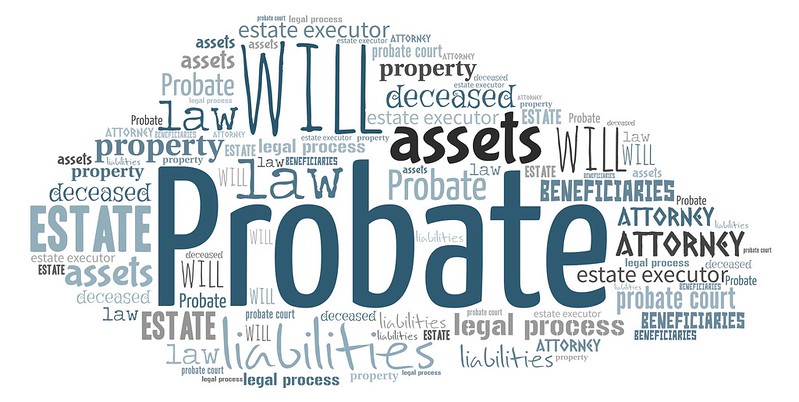Image Source: www.epictop10.com
adapted from an article by the National Care Planning Council
Probate is the process by which a will is legally verified and implemented. This is done by a special court system called the probate court. Probate is necessary even for somebody dying without a will, because the state will provide a will of its own based on the intestate laws for that particular state.
Probate is a process that is followed and outlined by state law. Through this process the decedent’s property and assets are gathered and accounted; debts, creditors and estate taxes are paid, and the remaining property, assets and cash are distributed to the beneficiaries.
The probate court names an executor or in some states called a personal representative to carry out this process. The personal representative must be a resident of the state where the probate is in process, or must post a bond. The personal representative is under the supervision of the court and is entitled to be reimbursed for his or her involvement. Not only does the representative or executor take care of all of the details listed above but must also often locate heirs who have long since disappeared. Sometimes, this process can take years.
In an earlier era in our country, probate was an important process of making sure that the assets were distributed properly. Nowadays, assets can be distributed in a variety of ways that avoid the whole process. Oftentimes, the entire probate process is only necessary for those individuals who have failed to do thorough planning for distributing their assets after death. In other words, being under the supervision of a probate court is often a result of poor planning. There are however, some advantages to the process. Here are some of them.
- It provides for an orderly transfer of assets in an open manner, approved by the court and can help avoid or solve family disputes.
- The validity of title of the transferred assets is not in question
- Creditor’s claims against the estate can limited — possibly 3 to 6 months — while creditors claims against other arrangements such as an irrevocable trust could go to the end of the statute of limitations which might be many years.
- The estate, while in probate, is a separate tax entity. Prior planning may afford some tax savings.
- As discussed above, the probate court is necessary to make sure the surviving spouse, who has been disinherited or who receives an unfair share, receives an “elective share” or equitable distribution of the deceased non-community spouse property.
There are many arguments against the probate process. Here are the most common.
- In some states, probate is very expensive because it requires hiring an attorney
- Probate is time-consuming and could take at least a minimum of six months up to a year or more
- Probate is a matter of public record and anyone can access the record. This can often result in unwanted solicitations from financial practitioners, estate liquidators or real estate agents.
- In those 13 states where Medicaid recovery can only be accomplished through the probate court, avoiding probate will avoid the recovery.
It should be noted that over the years, states have recognized the disadvantages of probate and have greatly simplified the process.
In all states, a certain value of property is exempt from probate regardless of how it is titled. The amount exempt might be different for real property. For instance, in Indiana currently an estate worth less than $50,000 does not have to go through formal probate. It is possible to transfer real estate by affidavit in some circumstances.
The non-probate procedures typically involves a type of affidavit, producing a death certificate and proving the relationship to the deceased. The title is then reissued in the name of the person making the petition or the assets are distributed based on a signed affidavit. An attorney can help you with this process. Many banks, transfer agents, and other financial institutions have their own way of handling this procedure and a knowledgeable attorney can help you expedite this process.
Depending on the value of property total, in many states property such as motor vehicles, boats, and even mobile homes can be transferred without involvement of the probate court through an appropriate form provided by the division of motor vehicles.
The following property is subject to probate.
- title solely in the name of the deceased with no beneficiary arrangement
- title held as tenant in common
This property is not subject to probate.
- title that has a beneficiary option or other transfer at death option
- title held jointly in common with right of survivorship
As a final thought, simplified probate or failure to produce a proper will that takes care of transfer of assets that the deceased wanted, does not avoid the necessity of hiring an attorney. Attorneys who provide estate planning services are often necessary for the proper disposition of assets at death. Probate is often only a necessary step in the estate planning process whether prior planning has been done or not.


Recent Comments